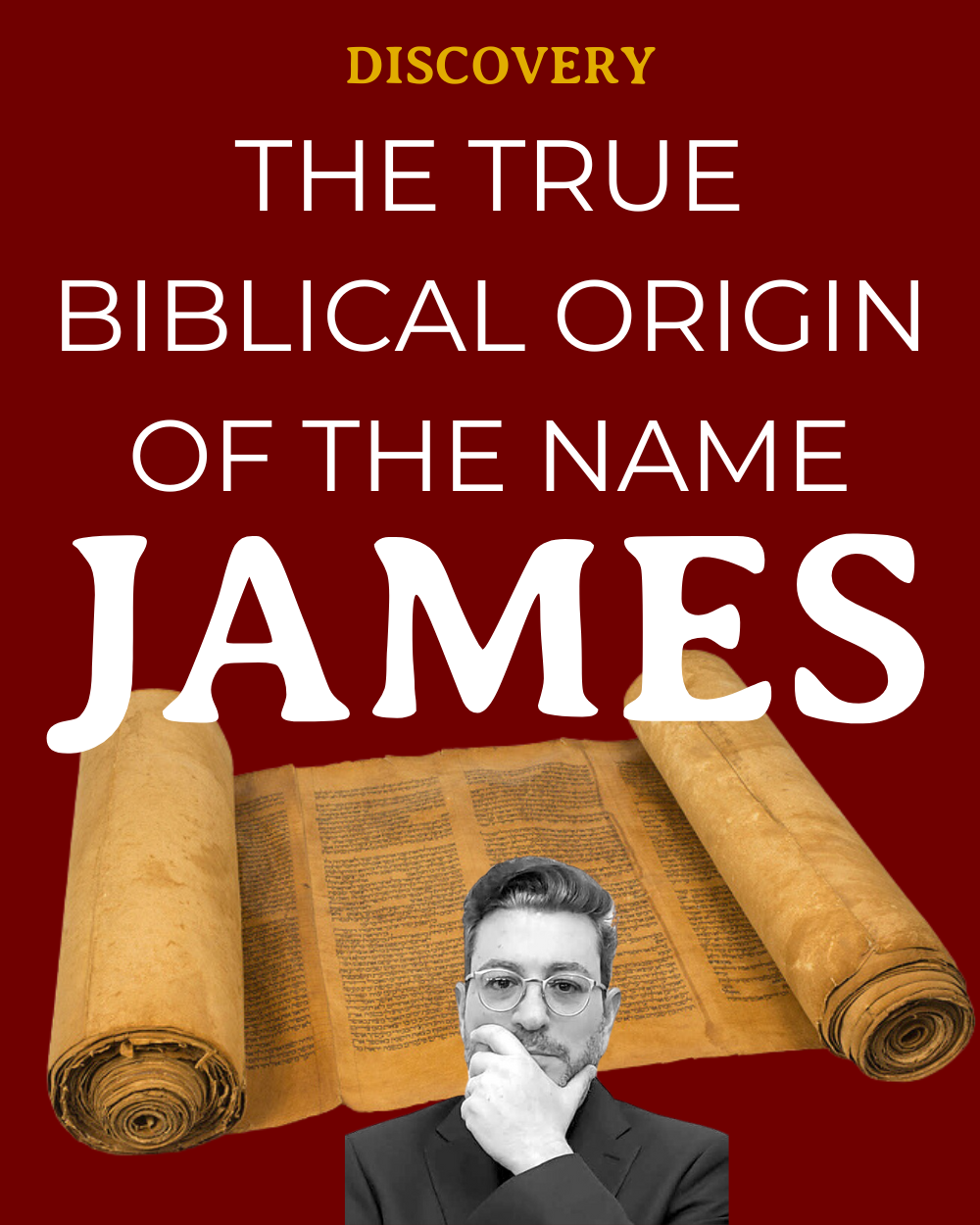closer2TRUTH 4/10 not a clear stand
Paula White is a controversial figure in the world of Christianity, with a large following and a controversial approach to the concept of hell. This article will explore White’s beliefs and teachings on hell, as well as the criticisms that have been levied against her by other Christian leaders.
White is a prosperity gospel preacher, which means that she teaches that believers can expect to receive blessings from God in the form of financial abundance, good health, and other material blessings. This teaching has led some to criticize White for focusing too much on material wealth, and not enough on spiritual growth or helping those in need.
One of the key aspects of White’s teaching on hell is that she believes that it is not a place of eternal punishment, but rather a place of temporary separation from God. According to White, hell is not a place where people are punished for their sins, but rather a place where they are separated from the presence of God. She argues that this separation is not permanent, and that people can be reconciled with God through faith in Jesus Christ.
White’s teaching on hell has been criticized by some Christian leaders, who argue that the Bible clearly teaches that hell is a place of eternal punishment for those who do not accept Jesus as their savior. These critics argue that White is distorting the teachings of the Bible in order to make them more palatable to her followers.
One of the main criticisms of White’s teaching on hell is that it downplays the seriousness of sin and the need for repentance. Critics argue that White’s teaching may give people a false sense of security, leading them to believe that they can continue to sin without consequence.
Another criticism of White’s teaching on hell is that it may lead people to believe that they can earn their way into heaven through good works or by giving money to her ministry. Some critics argue that this focus on material wealth and good works undermines the central message of the gospel, which is that we are saved by grace through faith in Jesus Christ, and not by our own efforts.
Despite these criticisms, White’s teaching on hell has a significant following, with many people finding comfort in her message of hope and reconciliation. While her approach to hell may be controversial, it is clear that she has touched the lives of many people, and has played a significant role in shaping the way that many people understand the concept of hell.
Overall, Paula White’s approach to hell is a controversial one, with some Christian leaders arguing that she is distorting the teachings of the Bible in order to make them more palatable to her followers. While her teaching may have a significant following, it is important to carefully consider the criticisms that have been levied against her, and to carefully consider the biblical basis for her teachings.
References:
White, Paula. “The Power of Forgiveness.” PaulaWhite.org, 2015, https://www.paulawhite.org/2015/09/29/the-power-of-forgiveness/.
“Prosperity Gospel Preacher Paula White: Hell is Not a Place of Eternal Punishment.” Christian News Network, 2018, https://christiannews.net/2018/07/19/prosperity-gospel-preacher-paula-white-hell-is-not-a-place-of-eternal-punishment/.
“Paula White: Is She Teaching the True Gospel or a False Gospel?” Got Questions, 2021, https://www.gotquestions.org/Paula-White.html.
“Paula White: Controversial Prosperity Gospel Preacher.” Christianity Today, 2019, https://www.christianitytoday.com/ct/2019/aug
HELL: Facts, Misconceptions, Misinterpretations As Evident in the Original Bible & New Testament
The concept of hell as a place of eternal punishment for sin is a central belief in many Christian traditions. However, some scholars argue that the idea of hell as a place of eternal punishment is not found in the original texts of the Bible and is instead a misunderstanding or misinterpretation of later translations, such as the King James Version. In this article, we will present evidence to support the argument that hell does not exist in the original Bible and is only a misconception based on misinterpreted translations.
Evidence from the Hebrew Bible:
One piece of evidence that suggests that the concept of hell as a place of eternal punishment is not found in the original Bible is the lack of references to hell in the Hebrew Bible, which is the Old Testament of the Christian Bible. The Hebrew Bible contains several references to the concept of death and the afterlife, but these references do not suggest that the afterlife is a place of eternal punishment.
For example, in Isaiah 66:24, it states that “And they shall go forth, and look upon the carcasses of the men that have transgressed against me: for their worm shall not die, neither shall their fire be quenched; and they shall be an abhorring unto all flesh.” This passage has often been interpreted as a reference to hell, with the “worm” and “fire” representing eternal punishment. However, other scholars argue that this passage should be interpreted metaphorically, as a description of the shame and disgrace that the wicked will experience in the afterlife, rather than as a literal description of eternal punishment.
Evidence from the New Testament:
Another piece of evidence that suggests that the concept of hell as a place of eternal punishment is not found in the original Bible is the lack of explicit references to hell in the New Testament, which is the portion of the Christian Bible that contains the teachings of Jesus and the writings of the early Christian church.
While the New Testament does contain references to the concept of eternal life and the afterlife, these references do not suggest that the afterlife is a place of eternal punishment. For example, in Matthew 25:46, Jesus says that “And these [the wicked] will go away into eternal punishment, but the righteous into eternal life.” This passage has often been interpreted as a reference to hell as a place of eternal punishment, but other scholars argue that the word “punishment” (kolasin in Greek) can also be translated as “correction” or “chastisement,” which suggests that the punishment in question is not eternal in nature.
The Conclusion:
In conclusion, the evidence suggests that the concept of hell as a place of eternal punishment is not found in the original texts of the Bible and is instead a misunderstanding or misinterpretation of later translations, such as the King James Version. While the Hebrew Bible and the New Testament do contain references to death and the afterlife, these references do not suggest that the afterlife is a place of eternal punishment, but rather a place of shame, disgrace, or correction for the wicked, or a place of eternal life for the righteous.
Misinterpretations of Hell by King James Version
The concept of hell as a place of eternal punishment is a central belief in many Christian traditions, but some scholars argue that this belief is based on misinterpretations of the original texts of the Bible, particularly the King James Version. In this article, we will outline some of the ways in which the concept of hell has been misinterpreted by the King James Version and other translations of the Bible, and we will provide references to support our analysis.
Misinterpretation of Hebrew terms:
One way in which the concept of hell has been misinterpreted is through the mistranslation of Hebrew terms in the Old Testament, or Hebrew Bible. The King James Version and other translations of the Bible often use the word “hell” to translate several Hebrew terms that do not necessarily imply a place of eternal punishment.
For example, the Hebrew term “sheol” is often translated as “hell” in the King James Version, but this term actually refers to the underworld or the grave, and does not necessarily imply a place of punishment. Similarly, the Hebrew term “gehenna” is often translated as “hell” in the King James Version, but this term originally referred to a valley outside of Jerusalem where refuse and the bodies of criminals were burned, and does not necessarily imply a place of eternal punishment.
Misinterpretation of Greek terms:
Another way in which the concept of hell has been misinterpreted is through the mistranslation of Greek terms in the New Testament. The King James Version and other translations of the Bible often use the word “hell” to translate several Greek terms that do not necessarily imply a place of eternal punishment.
For example, the Greek term “hades” is often translated as “hell” in the King James Version, but this term actually refers to the underworld or the grave, and does not necessarily imply a place of punishment. Similarly, the Greek term “tartarus” is often translated as “hell” in the King James Version, but this term is only used once in the New Testament (in 2 Peter 2:4) and is not clearly defined, making it difficult to determine its precise meaning.
Misinterpretation of metaphorical language:
Another way in which the concept of hell has been misinterpreted is through the misunderstanding of metaphorical language in the Bible. The Bible contains many passages that use figurative language to describe the consequences of sin or the fate of the wicked, but these passages are often interpreted literally as references to hell as a place of eternal punishment.
For example, in Matthew 13:42, Jesus says that “the wicked will be thrown into the fiery furnace, where there will be weeping and gnashing of teeth.” This passage has often been interpreted as a reference to hell as a place of physical torment, but other scholars argue that this passage should be interpreted metaphorically, as a description of the shame and disgrace that the wicked will experience in the afterlife, rather than as a literal description of eternal punishment.
The Conclusion:
In conclusion, the concept of hell as a place of eternal punishment has been misinterpreted in several ways by the King James Version and other translations of the Bible. These misinterpretations include mistranslations of Hebrew and Greek terms, misunderstandings of metaphorical language, and a lack of awareness of the cultural and historical context in which these terms were originally used. Understanding the true meaning of these terms and passages can help to clarify our understanding of the Bible’s teachings on the afterlife and the consequences of sin.













